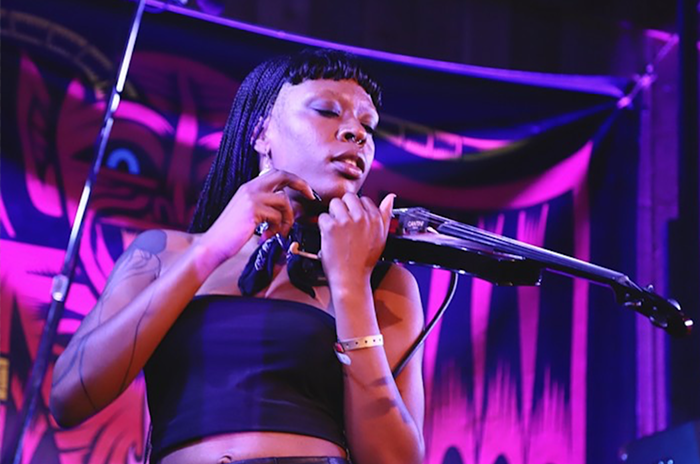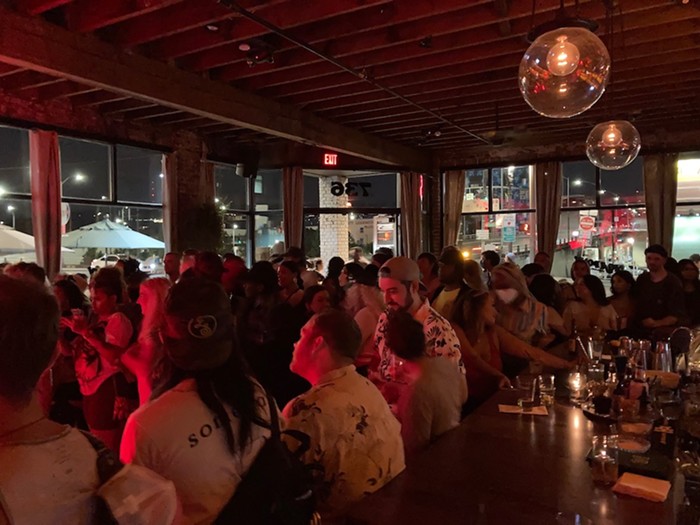ONE OF THE more frustrating, kneejerk musical assumptions is that the Cure is strictly for sad-sacks—the lipstick- and mascara-smeared goths who wear black on the outside because it's how they feel on the inside.
I'm willing to cop to the fact that there's a sliver of truth here. 1982's Pornography, their 1989 classic Disintegration, and the 2000 album Bloodflowers are a trilogy of dark epics filled with odes to romantic yearning, disillusionment, and unyielding sadness. It's the kind of music that pairs well with Portland's gloomy fall and winter skies.
But for all their minor chord dirges, teased-up hair, and dour expressions, there's always been a thread of knavish glee running through the entirety of the Cure's 40-year existence. The second side of the group's debut, Three Imaginary Boys, is filled with tossed-off goofs like "Meathook" and their winking, angular take on Jimi Hendrix's "Foxy Lady." The band's best-received singles have always been their poppiest tunes, such as their sing-along romp "Hot Hot Hot!!!" or Smith's 1990 dalliance with acid house that resulted in "Never Enough."
Even among the lengthy laments of Disintegration, Smith let his hopelessly romantic side shine through on "Lovesong," a track that brought the Cure to #2 on the Billboard charts, and inspired a bevy of lukewarm covers by the likes of Adele and 311. No matter how bleak things got in the Cure's albums, you were almost always promised a glimmer of light to carry you through.
This isn't news to any of the band's hardcore fans, who learned long ago to appreciate this dichotomy of moods and expressions. They've got the joyful songs to put on mixtapes for their crushes and the weeping songs to put on repeat in their bedrooms when they get rejected.
How the Cure measures out the sweet and sour is going to be one of the most interesting things to watch when the band plays the Sunlight Supply Amphitheater this Saturday (their first Portland-area show in two decades). From the look of this tour's setlists that have been posted online, it's a pretty fair balance, with multiple encores skewing toward their more chipper tunes. No need to send fans out into the night with doom and gloom in their hearts, right?
The Cure offers exactly the kind of show that most bands its age should. For the folks just there to hear the hits and get nostalgic for years gone by, they will happily oblige. For the goth crowd, they've got plenty of desolate anthems to further chill your icy hearts. And for the obsessive fans, they tend to sprinkle their sets with deep cuts and even some new material for you to thrill about on the online message boards later that night. Few other bands entering their fourth decade can claim to speak so clearly to so many different subsets of fans.


















